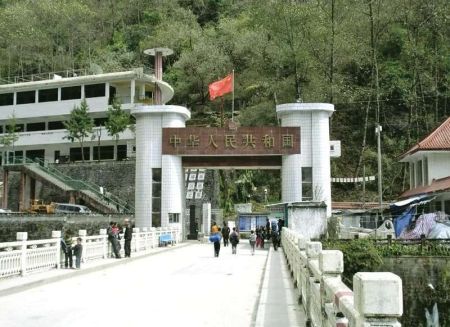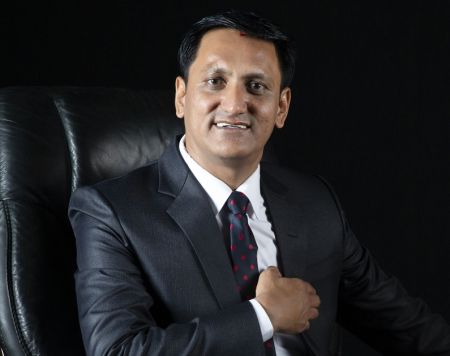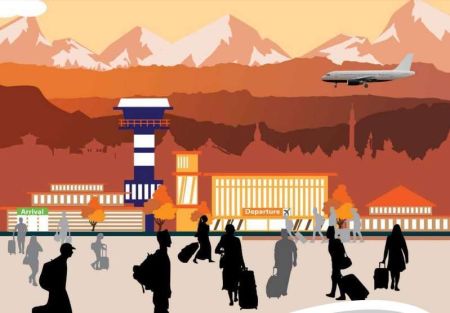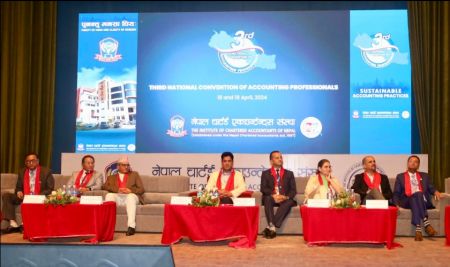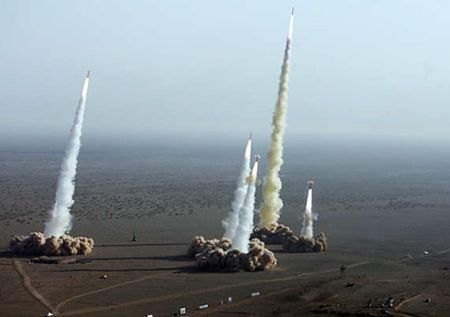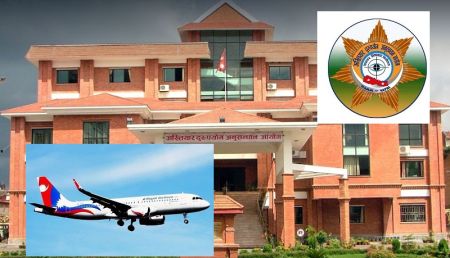May 19: Finance Minister Janardan Sharma on Tuesday presented the principles and priorities of the Appropriation Bill for the budget of the upcoming fiscal year in the federal parliament. The principles and priorities that the government presents in parliament ahead of the budget as per the constitutional provision is always the same in nature every year. It is almost impossible to find something innovative and new in the principles and priorities for the budget.
The Appropriation Bill, 2079 BS is aimed at building a socialism-oriented, balanced, inclusive and self-reliant economy.
“The budget for the upcoming fiscal year will focus on fulfilling the aspirations of the Nepali people for development and prosperity and laying the groundwork for a socialism-oriented economy. The flow of public services, transformation and construction of large infrastructure and government investment in the social sector will be increased,” reads the draft.
The budget proposal placed forth three years back by the then Finance Minister Yuba Raj Khatiwada under the government led by KP Sharma Oli also mentioned the same thing.
It stated, “The results of the momentous political change we have achieved are being reflected in the social transformation and economic development and the living standards of the people. The achievements we have achieved in a short period of time in the implementation of federalism have laid a solid foundation for good governance, development and prosperity. The budget for the coming fiscal year will be focused on moving forward as a socialism-oriented nation with social justice and high economic growth based on this foundation.”
Analyzing the documents presented in parliament in the last few years, it is evident that the principles and priorities of the government is always the same despite change in government. However, those who run the state are yet to clarify how they will create a socialism-oriented economy.
The priorities of the government for the budget of the upcoming fiscal year once again include development of agriculture sector, industrial development and promotion, development of energy sector, etc. These sated priorities are not new at all.
Khatiwada's budget, which he presented in parliament three years ago, also had similar priorities. It read, “Significant advances will be made in formulating investment-friendly laws and structures, accelerating the upliftment of the poor, backward classes, regions and communities, increasing employment opportunities, social security for all, access to basic education and access to primary health care for all.”
Economist Keshav Acharya stated that usage of such repeated notions make it clear that the government makes such issues as a priority just for the sake of making announcements every year but fails to implement them each time.
According to him, the government should not talk only about principles and priorities in the budget, but also state clearly on how they can be implemented.
“The budget prioritizes health, education, employment, infrastructure, from a socialist-oriented economy. The state does not seem to be serious about how to achieve the goals set in those areas,” Acharya said.
Even the leaders of the ruling parties are not satisfied with the priorities and principles of the budget presented by the government.
Former Prime Minister Baburam Bhattarai, leader and a member of the ruling coalition partner – Janata Samajwadi Party – remarked that the priorities and principles should not just be written on papers. According to him, the state should now be responsible for education, health, social security and large infrastructure, while the responsibilities for agriculture, industry, services and tourism should be given to the private sector.
CPN-UML leader Yogesh Bhattarai remarked that the principles and priorities of the Appropriation Bill lacked a base for advancing towards the path of socialism and neglected the aspects relating to strengthening public health and education.
He sought the government’s attention towards an increment of capital expenditure by minimizing a trade deficit. He was of the view of preventing a probable difficult situation for nation’s economy. He added that the bill did not seem giving priorities to the reduction of consumption of petroleum products and the promotion of the use of alternative energy. “Non-economic activities have increased, posing an additional challenge to the national economy.’’









